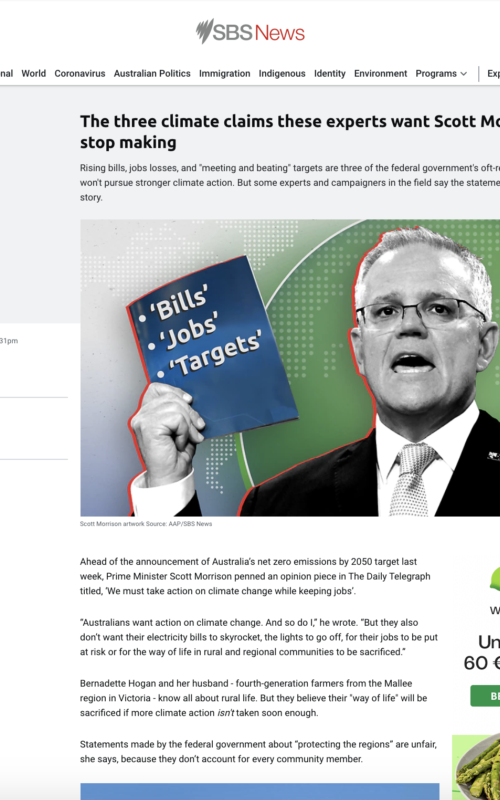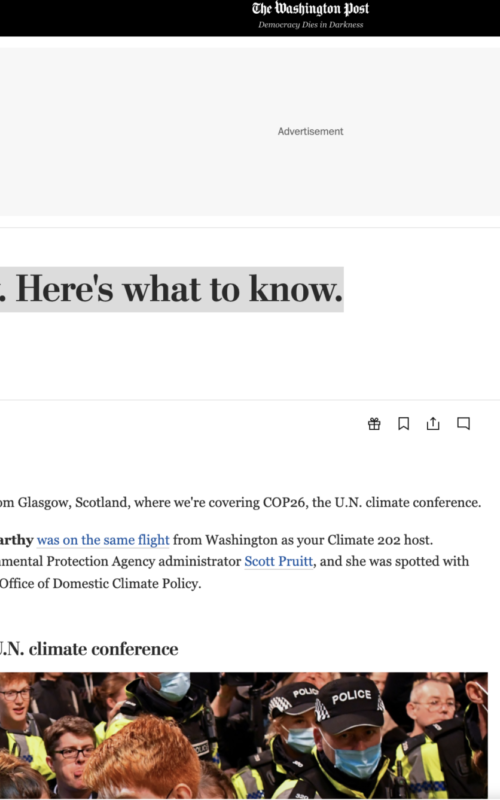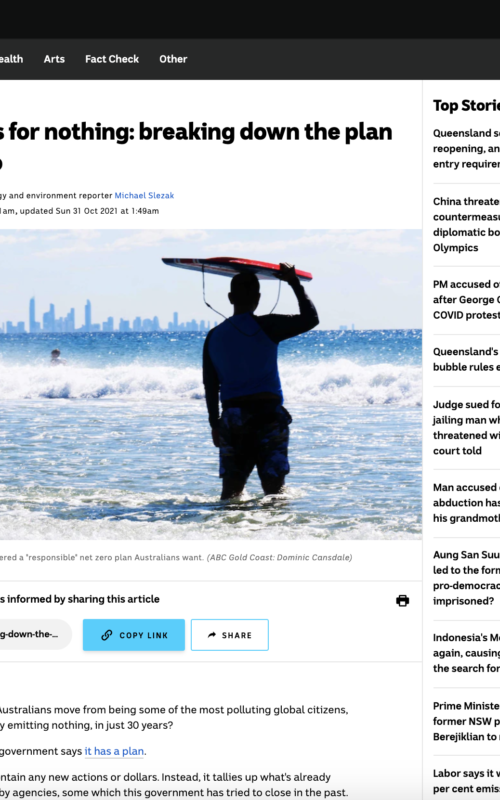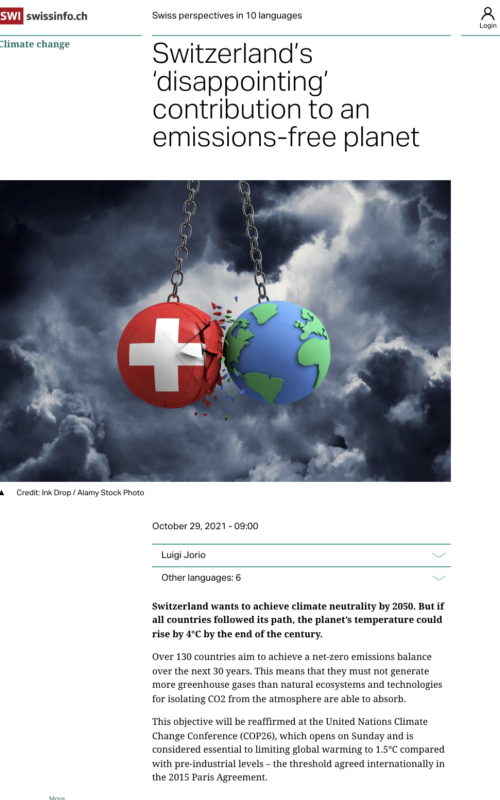Media coverage
Share


Bill Hare points to the flaws in the emissions accounting methods of the Australian Government

Claire Fyson comments on the outcomes of the G20 summit in the lead up to COP26 in Glasgow.

Bill Hare, our CEO, comments on the Australian government's new net zero plan, saying it's not really a plan at all.

Bill Hare, our CEO, comments on the Australian government's new net zero plan, saying it's not really a plan at all.

Claire Fyson comments in WIRED on her paper on the land use sector and its contribution to Paris climate targets.

Ryan Wilson, policy analyst, comments on Switzerland's climate targets and why it needs to go further to decarbonise in the next decade.



